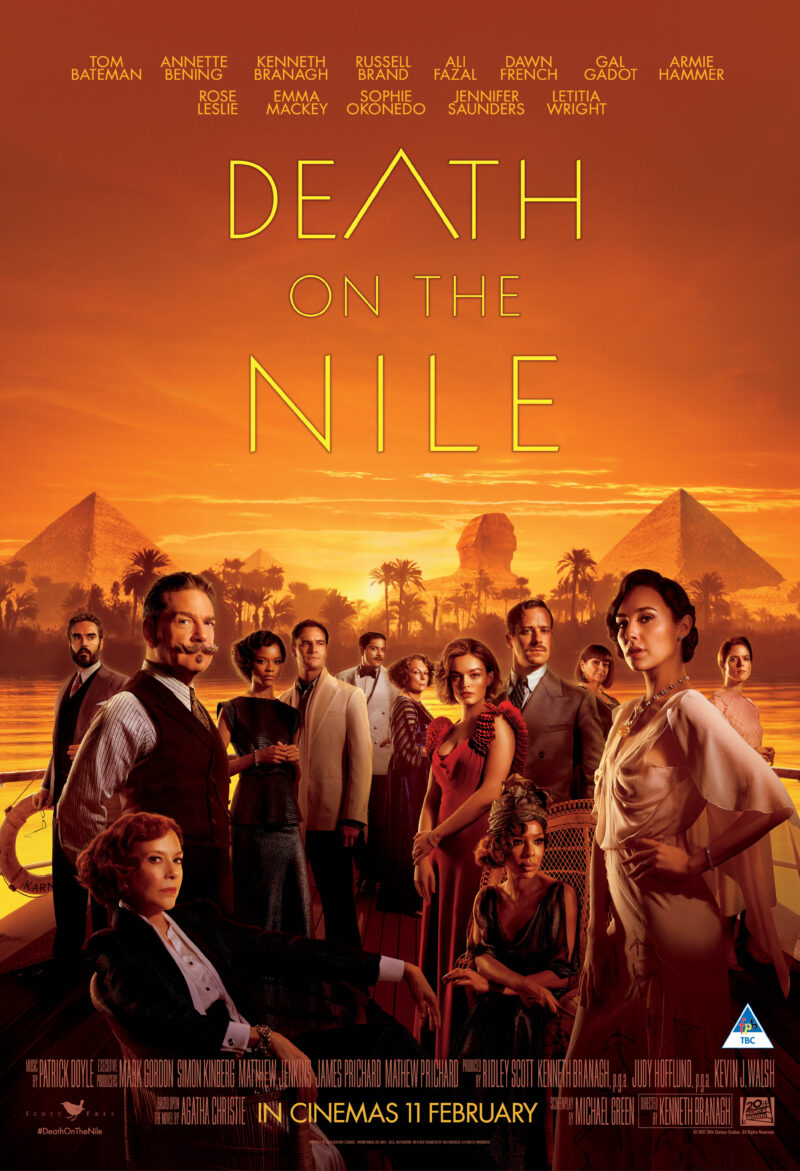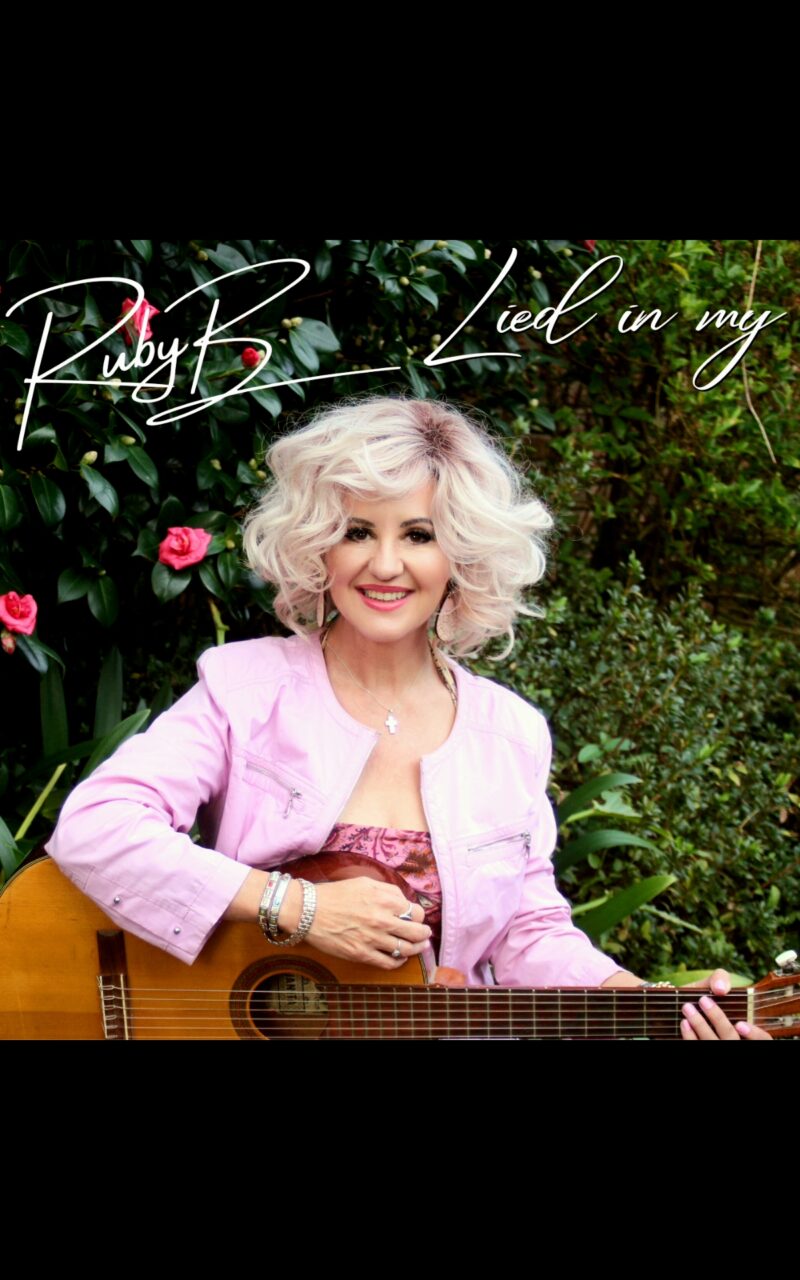
On the heels of their successful collaboration, “Murder on the Orient Express,” director/producer Kenneth Branagh (“Hamlet,” “Henry V,” “Thor”) and screenwriter Michael Green (“Blade Runner 2049,” “Logan”) began discussing other favorite Agatha Christie titles that would serve to further build the cinematic world of Agatha Christie. “We were having such a good time talking about what the next film in an Agatha Christie film series might be,” says Green. “Ken and I each laid out our favorites, but we kept circling back to ‘Death on the Nile.’”
An explosive murder mystery with a treacherous love story at the center, “Death on the Nile” is one of the author’s most beloved novels. “The passion in Agatha Christie’s original story is very powerful,” says Branagh. “It is one of the most unsettling and captivating of Christie’s books. She presents a veneer of sophistication, sexiness, glamour and romance, but it is, at all times, brittle, fragile, dangerous and disruptive.”
The filmmakers were fortunate to have two relatives of the famed author, Mathew Prichard (“Poirot”) and James Prichard (“Murder on the Orient Express”) of the Agatha Christie Estate, involved with the production. The Prichards served as invaluable resources for understanding the author’s attitude toward the book and the setting and singular cast of characters. “We were the lucky recipients of quite a lot of the sort of human texture that have made her books so successful,” says Branagh. “She’s not merely someone who can write clever puzzles; she writes real people. James and Mathew gave us vital insight on who this incredible author was on a personal level.”
James Prichard was thrilled to embark on another collaboration with Branagh. “What we like about ‘Murder on the Orient Express’—and now with ‘Death on the Nile’—is that the story, and most of all the atmosphere of the real Agatha Christie, is recreated on the screen,” says Prichard. “For the audience, it is tremendously important they feel that they’ve not only seen a wonderfully modern and hugely cinematic film but have also experienced an evening of Agatha Christie. Ken has built a world that reflects her unique perspective and gift for storytelling.”
“The dazzling and cinematic settings made ‘Death on the Nile’ a very exciting prospect for Ken,” says producer Judy Hofflund (“Artemis Fowl,” “Panic Room”). “The idea of making a big landscape version of these Agatha Christie stories and to tell a story on a large canvas was very appealing.”
In making the transition from a novel rich in complexity and characters to a screenplay that would work cinematically, the filmmakers mined the story for the key elements to evolve and expand upon, but they kept returning to its themes of romance and jealousy. “The book is very well written,” says Green. “It’s got some of Agatha Christie’s best prose in it, and it has this wonderful plot with a wonderful solution. It’s sprawling. But we just kept coming back to passion and love, diving into those feelings, and making sure all of our characters really had something to say about the power of those emotions.”
Green was tasked with building out the cast of characters, a unique group of eccentric, cosmopolitan individuals, each of whom becomes a suspect. “In an Agatha Christie novel, it works to have interesting people hanging around who aren’t suspect,” explains Green. “A few minor changes were made to the script to enhance a few of the characters and to fold together others to serve this cinematic adaptation. The result is that everyone on board the S.S. Karnak has a potential motive and opportunity to kill.”
An ill-fated love triangle is at the center of this murderous holiday. “In ‘Death on the Nile,’ a wealthy socialite marries a man who previously has been passionately entwined with an equally beautiful woman, whom he then rejects for the other,” Branagh explains. “The ensemble cast fills out the glamorous wedding party, who claim to be friends of the beautiful newlyweds. As with any classic Agatha Christie story, when love and loyalties are tested, fireworks ensue.”
Inspired by and written as a film noir, Green’s screenplay engages both the heart and the mind, respecting the audience’s intelligence without underestimating its capacity for compassion. “Michael’s first draft was a home run,” says Hofflund. “It was what we showed to every actor, and it was the script we cast the movie on.”
“This adaptation has a more youthful approach,” agrees Branagh. “Everything about the story is bigger, sexier and carries an even greater depth, literally and aesthetically.”
“Death on the Nile” was written after coming back from a winter in Egypt. When I read it now, I feel myself back again on the steamer from Aswan to Wadi Halfa. There were quite a number of passengers on board, but the ones in this book travelled in my mind and became increasingly real to me — in the setting of a Nile steamer. The book has a lot of characters and a very elaborately worked-out plot. I think the central situation is intriguing and has dramatic possibilities, and the three characters, Simon, Linnet, and Jacqueline, seem to me to be real and alive. My friend, Francis L. Sullivan, liked the book so much that he kept urging me to adapt it for the stage, which in the end, I did. I think, myself, that the book is one of the best of my ‘foreign travel’ ones, and if detective stories are ‘escape literature’ (and why shouldn’t they be!), the reader can escape to sunny skies and blue water, as well as to crime in the confines of an armchair.
Agatha Christie




